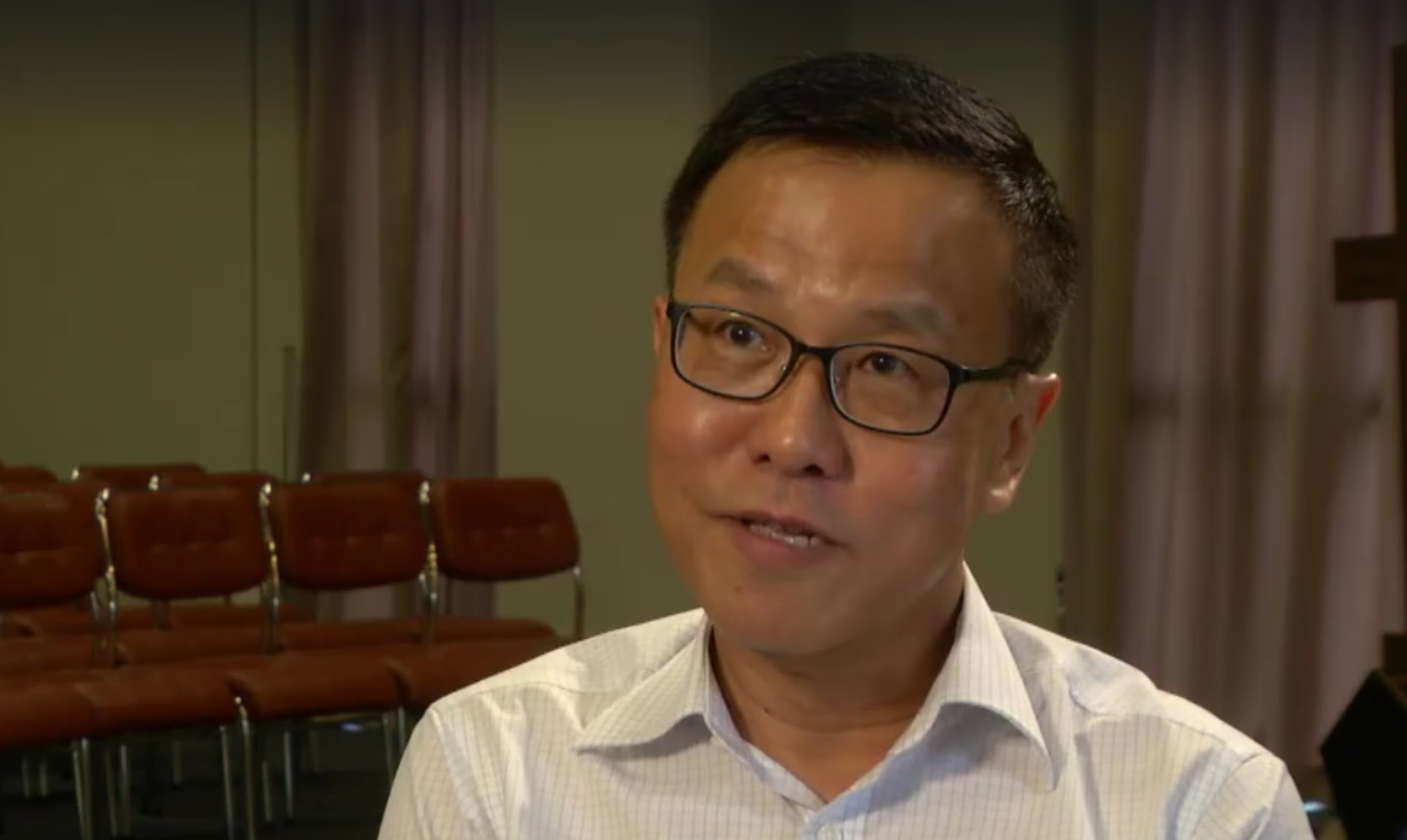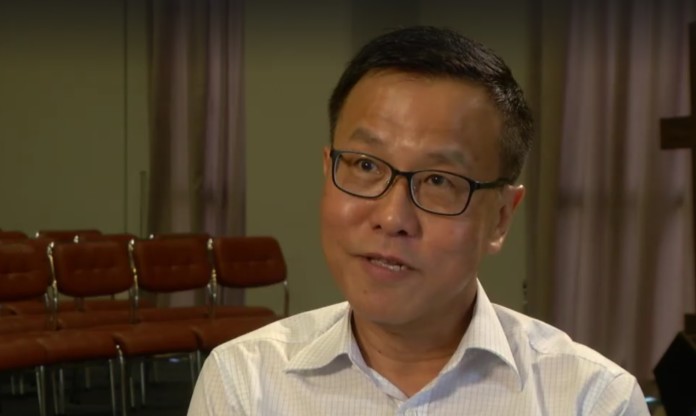SINGAPORE: The number of Singaporeans and permanent residents barring themselves from the nation’s two casinos has risen nearly 18 per cent from 12 months ago.
As at Sept 30, 20,866 Singaporeans and PRs have requested casino exclusion orders for themselves, according to the National Council on Problem Gambling. A further 2,284 exclusion orders were requested by family members.
The figures dwarf those from six years ago in June 2010 – 1,546 self-exclusions and 123 orders from families – a few months after the casinos opened their doors at Resorts World Sentosa and Marina Bay Sands.
Speaking to current affairs programme On the Red Dot, Pastor Billy Lee, who runs Blessed Grace Social Services, said government regulations and safeguards like the exclusion orders have successfully mitigated the rise in problem gambling stemming from the two casinos.
The real threat, he says, lies elsewhere.
“Problem gambling increases mainly for two reasons – easy accessibility to gaming sites and easy credit. We have these two in Singapore,” said Pastor Billy, who founded the Blessed Grace Gambling Recovery Centre (hotline: 8428 6377).
“We have Singapore Pools retailers all over the island. And now, with online gambling legalised, gaming is available 24 hours a day. You can even do it in the privacy of your home.” (Watch the episode on problem gambling on Toggle.)

The two legal online gaming operators, Singapore Pools and Singapore Turf Club, have implemented a slew of social safeguards in their betting systems. For example, betting on credit is not allowed. Players will have to set limits on funding and expenditure. Individuals may also apply to bar themselves from setting up online accounts.
But Pastor Billy warns that online gambling options may lure the younger, tech-savvy crowd, especially those new to gambling. “A new gambler will not go to an illegal online gambling site on his own. You’ll need a bookie to open an account. You don’t know the operator on the other side, so you have to trust that even if you win, you will get the payout.
“But when Singapore Pools and Tote Board come into play, they are well-regulated and players don’t see any risks involved. Once the safe limits on the legal sites are reached, some players may move on to illegal sites, because they are hooked.”
IT’S A BRAIN DISEASE, NOT A ‘CHARACTER PROBLEM’
Pastor Billy has heard many stories of how casual gamblers veered into pathological punting. The gambling recovery centre helped around 250 problem gamblers last year, up from about 120 cases when it first started in 2012.
WATCH: The story of one problem gambler
He said: “The major misconception about gambling addiction is that you can kick the habit on your own, which is self-deception. Because if you are addicted, some things have changed in the chemical system in your brain. You need help.”
Dr Thomas Lee, a consultant psychiatrist at Resilienz Clinic, concurs. “Gambling addiction is not a character problem, it’s a chronic relapsing disease of the brain. The gambler’s mind is loaded with irrational thoughts and illusions of control. The reward centre in the brain is very active and there’s a very intense urge to gamble.
“There is a process in the brain called neuro-plasticity, where the brain changes over time, and becomes highly sensitive to gambling triggers, for example, friends who gamble, free time and boredom.”
Problem gamblers often try to hide their addiction, and may even be unaware of their affliction. It’s estimated that every problem gambler will severely affect eight people around him/her, especially family members.
Behavioural signs to look out for include talking about gambling frequently; often borrowing money or asking for salary advances; missing out on important family events, or unexplained periods of absence; neglecting personal or work responsibilities; and missing valuables at home or in the workplace, or mysterious bank account transactions.
HELP FAMILY MEMBERS KICK ADDICTION
What can family members do? “Try to avoid any arguments because this may push the gambler further away from seeking help,” Dr Lee said.
“Do not accept the blame for whatever situation the gambler creates to justify his gambling. And certainly, do not bail him out of debt because this will perpetrate the gambling. Instead, advise him on where to seek help. ”
Blessed Grace conducts a gambling support group meeting every Tuesday evening. Over a hundred recovering addicts huddle in small group discussions led by former gambling addicts.
“There is no shame here in this support group meeting. Everybody shares. We want them to bring out all the hurt, the root issues. Because with sharing comes healing,” Pastor Billy explained.
He also helps family members who are unable to convince the gambling addict to seek help. “We will advise them on how to lead the gambling addict to hit rock-bottom. An addict will not seek help until there is no way out – they are in tears, some are thinking of suicide. When I see people like that, I would rate their chances of recovery as very high.”
Pastor Billy says 60 per cent of those who seek help at Blessed Grace eventually get on the road to recovery. “I see them smiling. I see their family relationships restored, their marriages healed.
“Give them hope, and that sparks off something inside of them that will motivate them to change,” he said.





